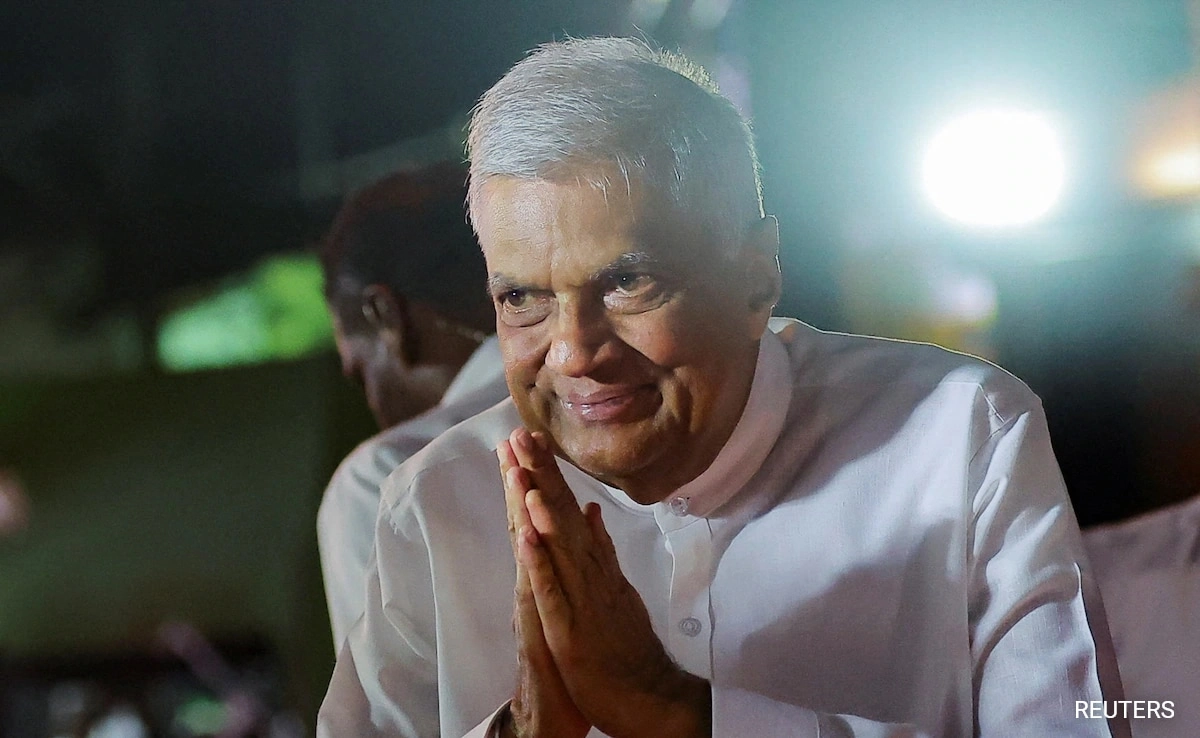Former Sri Lankan President Ranil Wickremesinghe has been arrested in connection with allegations of fund misuse during his time in office. This development marks a significant turn of events in the political landscape of Sri Lanka, which has been grappling with economic turmoil and widespread discontent among its populace. Wickremesinghe, who served as president during a particularly tumultuous period, is accused of misappropriating state funds, a charge that has raised eyebrows and sparked protests among citizens who are eager for accountability in their government.
The arrest comes amidst ongoing scrutiny of the political elite in Sri Lanka, where many citizens feel that their leaders have failed to address the dire economic conditions facing the country. The economic crisis, characterized by soaring inflation and dwindling foreign reserves, has left many Sri Lankans struggling to meet their basic needs. As protests erupted across the nation, calling for systemic change, Wickremesinghe’s arrest could be seen as a response to these mounting public pressures. This incident could potentially serve as a catalyst for broader reforms, as citizens demand transparency and integrity from their leaders.
Wickremesinghe’s political career has been marked by both achievements and controversies. His tenure saw various economic initiatives, but critics argue that these efforts often fell short of addressing the root causes of the nation’s challenges. The allegations against him not only reflect the discontent with his administration but also signify a growing movement among Sri Lankans to hold their leaders accountable for past misdeeds. As the legal proceedings unfold, many are watching closely to see how this situation will impact the future of Sri Lankan politics, particularly in terms of public trust in government institutions.
The implications of Wickremesinghe’s arrest extend beyond individual accountability; they also highlight the need for a comprehensive overhaul of the political system in Sri Lanka. As citizens continue to navigate the socio-economic challenges that plague the nation, the demand for a more transparent and responsible government becomes increasingly urgent. Whether this incident will lead to meaningful reform or merely serve as a temporary distraction remains to be seen. However, it is clear that the political dynamics in Sri Lanka are shifting, and the call for justice and reform resonates strongly among the populace.




